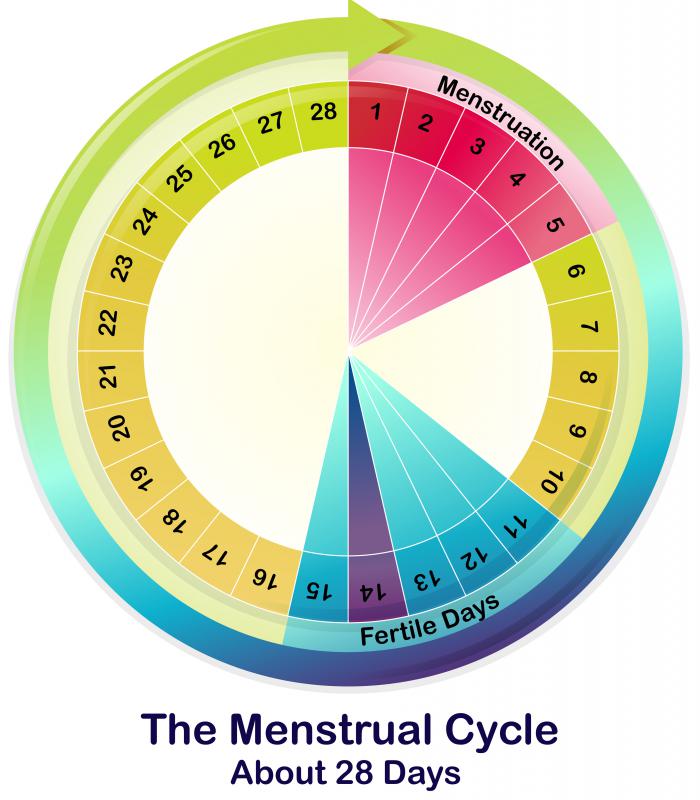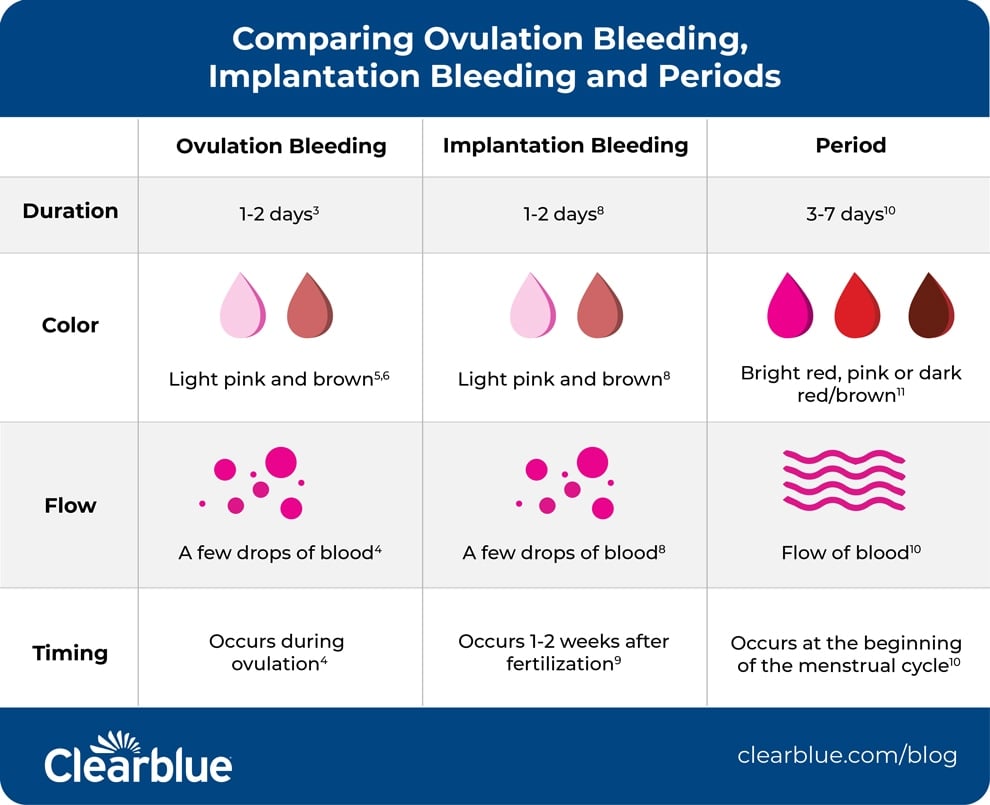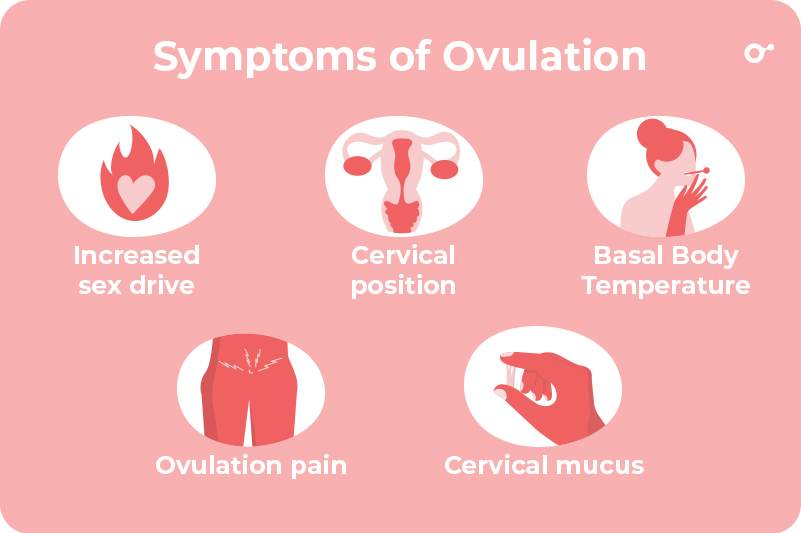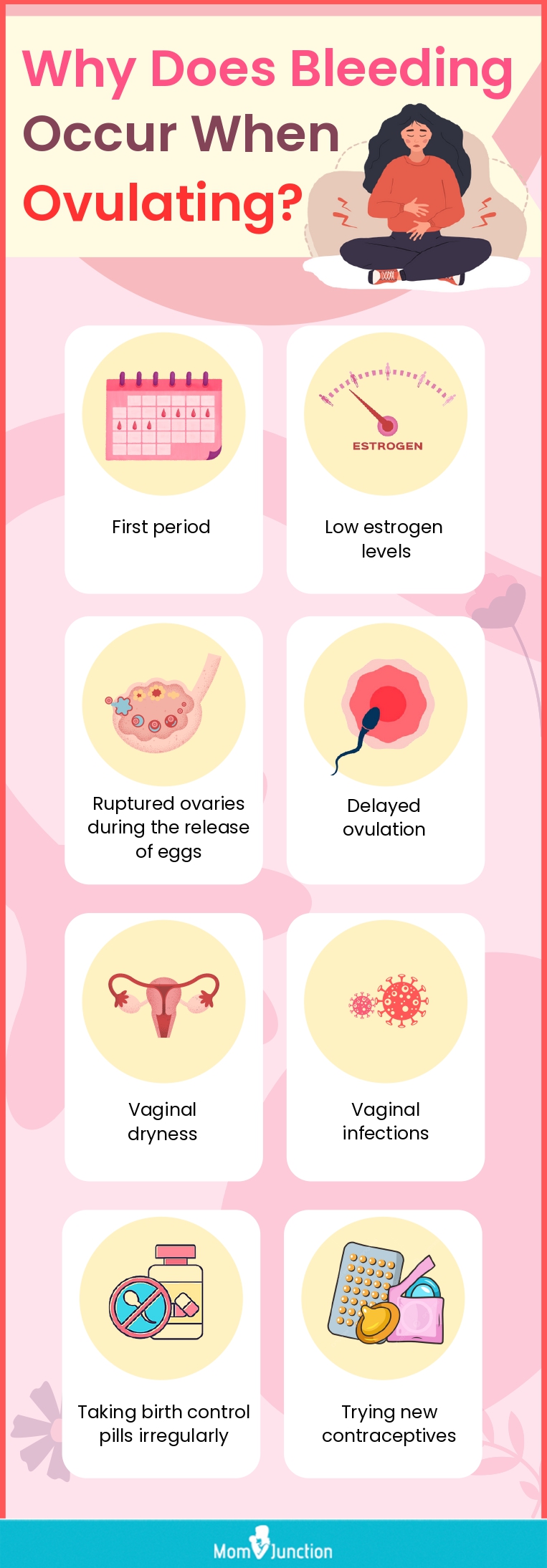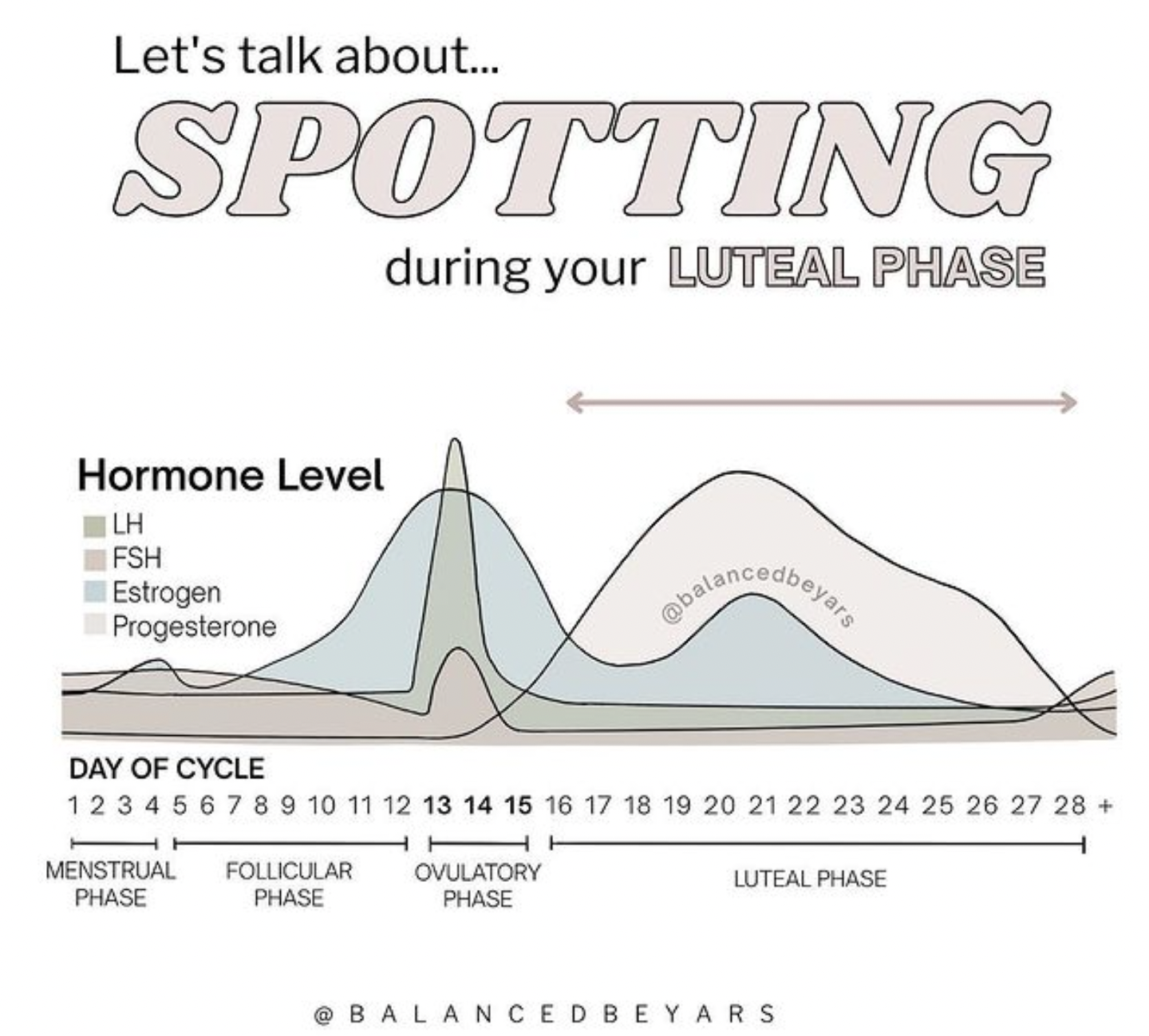Ovulation Spotting After Ovulation - Unlike a period, spotting during ovulation is light in volume and can be light pink, red, or. It may only be a few drops and is usually pink or light red in color. Ovulation bleeding happens when you ovulate—usually around the 14th day of your cycle. It tends to last for one to two days and. Spotting during ovulation is not common, but it also isn't cause for concern. Ovulation bleeding shouldn’t warrant tampon use. Ovulation spotting is usually light spotting at most: Ovulation bleeding is light vaginal bleeding that occurs before, during, or right after. The color of your discharge during ovulation could signal various conditions. Cervical fluid is thin and slippery near ovulation.
Ovulation bleeding happens when you ovulate—usually around the 14th day of your cycle. Unlike a period, spotting during ovulation is light in volume and can be light pink, red, or. If ovulation spotting happens, it may be mixed with cervical. Ovulation bleeding is minor spotting or light bleeding that happens around the time of ovulation (when a mature egg is released from the ovaries). Spotting during ovulation is not common, but it also isn't cause for concern. One or two drops at a time. Ovulation spotting is usually light spotting at most: Ovulation bleeding is light vaginal bleeding that occurs before, during, or right after. The color of your discharge during ovulation could signal various conditions. Ovulation spotting is very light and doesn’t last long.
Cervical fluid is thin and slippery near ovulation. Unlike a period, spotting during ovulation is light in volume and can be light pink, red, or. It tends to last for one to two days and. If ovulation spotting happens, it may be mixed with cervical. Spotting during ovulation is not common, but it also isn't cause for concern. Ovulation spotting is usually light spotting at most: It may only be a few drops and is usually pink or light red in color. Ovulation spotting is very light and doesn’t last long. Ovulation bleeding happens when you ovulate—usually around the 14th day of your cycle. Ovulation bleeding is minor spotting or light bleeding that happens around the time of ovulation (when a mature egg is released from the ovaries).
Ovulation Bleeding When It's Normal and When to See a Doctor, light
Ovulation bleeding shouldn’t warrant tampon use. Unlike a period, spotting during ovulation is light in volume and can be light pink, red, or. Spotting during ovulation is not common, but it also isn't cause for concern. If ovulation spotting happens, it may be mixed with cervical. One or two drops at a time.
What is Ovulation Spotting? (with pictures)
The color of your discharge during ovulation could signal various conditions. It may only be a few drops and is usually pink or light red in color. Ovulation bleeding shouldn’t warrant tampon use. Ovulation spotting is very light and doesn’t last long. Ovulation bleeding is light vaginal bleeding that occurs before, during, or right after.
Ovulation Spotting Look Like
It may only be a few drops and is usually pink or light red in color. Ovulation bleeding shouldn’t warrant tampon use. Spotting during ovulation is not common, but it also isn't cause for concern. One or two drops at a time. Ovulation spotting is usually light spotting at most:
Spotting After Ovulation Why & How To Improve It
Spotting during ovulation is not common, but it also isn't cause for concern. If ovulation spotting happens, it may be mixed with cervical. Cervical fluid is thin and slippery near ovulation. Ovulation bleeding is minor spotting or light bleeding that happens around the time of ovulation (when a mature egg is released from the ovaries). Ovulation bleeding shouldn’t warrant tampon.
Spotting vs. Period & More Causes and Differences of Bleeding Through
Ovulation bleeding is light vaginal bleeding that occurs before, during, or right after. It tends to last for one to two days and. Unlike a period, spotting during ovulation is light in volume and can be light pink, red, or. Ovulation bleeding is minor spotting or light bleeding that happens around the time of ovulation (when a mature egg is.
What you need to know about ovulation bleeding — Clearblue®
Ovulation bleeding is minor spotting or light bleeding that happens around the time of ovulation (when a mature egg is released from the ovaries). Ovulation spotting is very light and doesn’t last long. Cervical fluid is thin and slippery near ovulation. If ovulation spotting happens, it may be mixed with cervical. One or two drops at a time.
Ovulation Spotting Ovulation Guide
Ovulation spotting is very light and doesn’t last long. One or two drops at a time. Ovulation bleeding is light vaginal bleeding that occurs before, during, or right after. The color of your discharge during ovulation could signal various conditions. Ovulation spotting is usually light spotting at most:
Ovulation Bleeding Causes, Signs, and What You Can Do
It may only be a few drops and is usually pink or light red in color. One or two drops at a time. It tends to last for one to two days and. Spotting during ovulation is not common, but it also isn't cause for concern. Ovulation bleeding happens when you ovulate—usually around the 14th day of your cycle.
Vaginal Discharge During Ovulation
Spotting during ovulation is not common, but it also isn't cause for concern. It tends to last for one to two days and. Ovulation bleeding happens when you ovulate—usually around the 14th day of your cycle. Ovulation bleeding shouldn’t warrant tampon use. Ovulation spotting is usually light spotting at most:
Spotting After Ovulation Why & How To Improve It
Ovulation spotting is very light and doesn’t last long. It may only be a few drops and is usually pink or light red in color. Ovulation bleeding happens when you ovulate—usually around the 14th day of your cycle. Cervical fluid is thin and slippery near ovulation. Ovulation bleeding is minor spotting or light bleeding that happens around the time of.
Spotting During Ovulation Is Not Common, But It Also Isn't Cause For Concern.
It tends to last for one to two days and. One or two drops at a time. The color of your discharge during ovulation could signal various conditions. Ovulation bleeding shouldn’t warrant tampon use.
Ovulation Bleeding Is Light Vaginal Bleeding That Occurs Before, During, Or Right After.
Cervical fluid is thin and slippery near ovulation. It may only be a few drops and is usually pink or light red in color. Ovulation bleeding happens when you ovulate—usually around the 14th day of your cycle. Ovulation spotting is usually light spotting at most:
Ovulation Bleeding Is Minor Spotting Or Light Bleeding That Happens Around The Time Of Ovulation (When A Mature Egg Is Released From The Ovaries).
Unlike a period, spotting during ovulation is light in volume and can be light pink, red, or. Ovulation spotting is very light and doesn’t last long. If ovulation spotting happens, it may be mixed with cervical.

